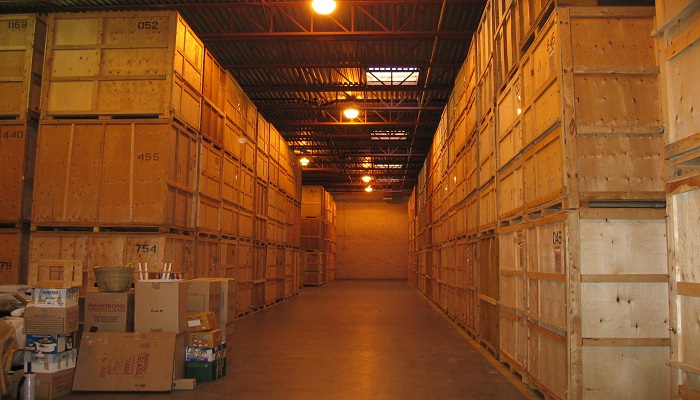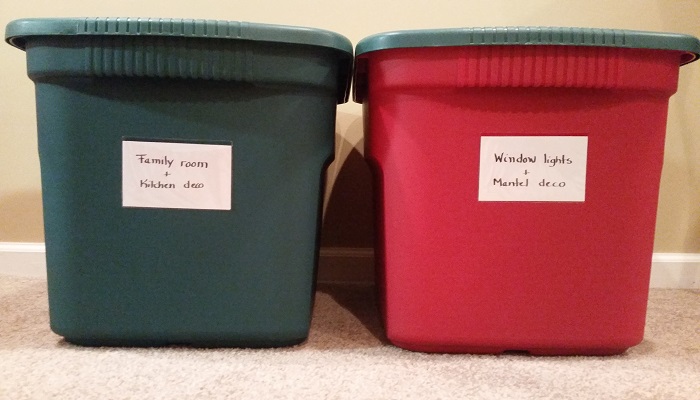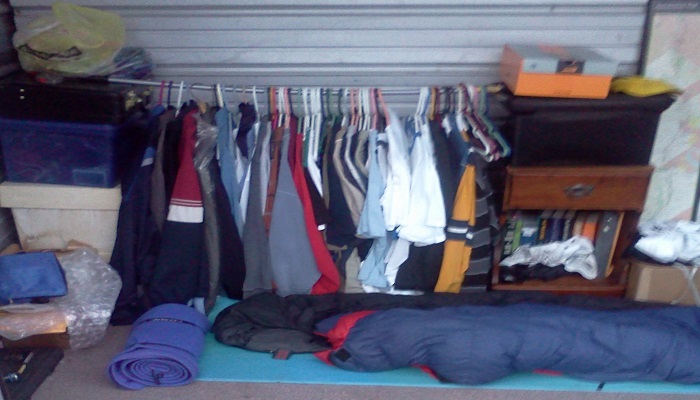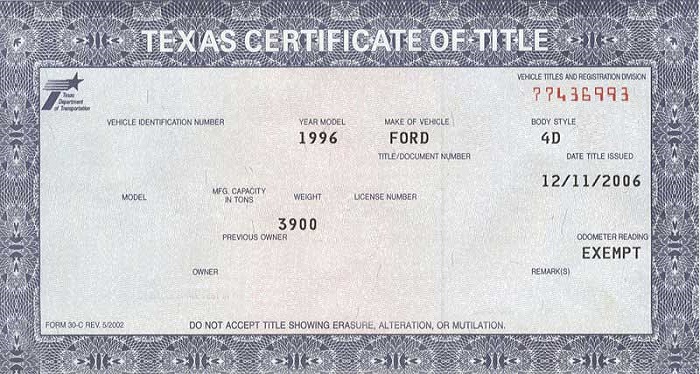Most people don’t think twice about reselling their items. After all, once you’ve purchased something, you’re free to do with it what you will regardless of what the item is or what logos it displays, right? Based on some recent court cases regarding copyright law, this may not always be the case.
Copyright law exists to protect the intellectual property of an item’s creator. Basically, it prohibits people from profiting off another person’s ideas without giving due credit and payment to the creator. This is why, for example, you cannot turn another person’s photograph into a mouse pad without buying the rights to that photo first.
For the most part, though, these laws have applied only to the reproduction of an item, not the resale of a specific item. According to existing copyright law, once you pay for something, the original owner’s rights to that specific item are gone. Since you already paid for one copy, you can sell that one copy without facing any legal trouble. This is called first-sale rights.
Technology has made this somewhat more complicated due to the ease of reproducing certain things. For example, you can sell a CD that you purchase. You cannot, however, make copies of that CD and sell them. As technology improves, that line continues to blur, and issues of Digital Rights Management (DRM) have become a major concern for businesses across the country. As businesses crack down on electronic media like music and software, some of that copyright-protection fervor has spread to more physical objects.
The lawsuit in question is Kirtsaeng v. John Wiley & Sons, and it challenges items that are made abroad and imported into the U.S. The original case came up become Kirtsaeng, a foreign exchange student, had his relatives purchase cheap versions of textbooks from Thailand and send them to him, which he then sold on eBay. The book publisher took him to court, and it currently looks as though the Supreme Court will uphold the ruling. If it does, it could mean that foreign-made products will no longer be protected under the first-sale doctrine of copyright law.
If this passes, it may mean that any item manufactured or purchased overseas cannot be resold without the permission of the original copyright holder. Considering how many everyday items are made overseas, this could effectively bring resale businesses to a grinding halt. The sale of everything from electronics and used cars to artwork and jewelry might be outlawed under this change in copyright law.
The results of this order could have a far-reaching impact beyond the resale business. For example, companies might be tempted to ship more jobs overseas to manufacture items out of the country so they could maintain complete control over them. The used auto business would also be massively impacted by a change in this law.
Perhaps most devastatingly, this law could have a disastrous effect on resale businesses of all kinds. Large companies like eBay, Craigslist and Amazon would be hugely impacted. Although the resale of domestically produced goods would continue to be legal, it might be too difficult to police these sales, and the sites may go under out of fear of lawsuits. Even flea markets and yard sales could be affected by the law.
Undoubtedly, Kirtsaeng’s textbook resale business occupied a grey area of copyright law and abused the laws governing imports. In the wake of his decision, though, millions of people in the country could be negatively affected, and none will be hit harder than those who rely on resale businesses to pay their bills.
Of course, the Supreme Court has not yet passed its ruling. Even if it does hold up the ruling of the appellate court, any new law would need to be passed through Congress, so there’s no need to panic just yet. Nevertheless, this is something that needs to be seriously considered and watched by anyone with an interest in these businesses; as our world changes, copyright law will be forced to change to keep up, and those changes can make a huge difference in our lives.







